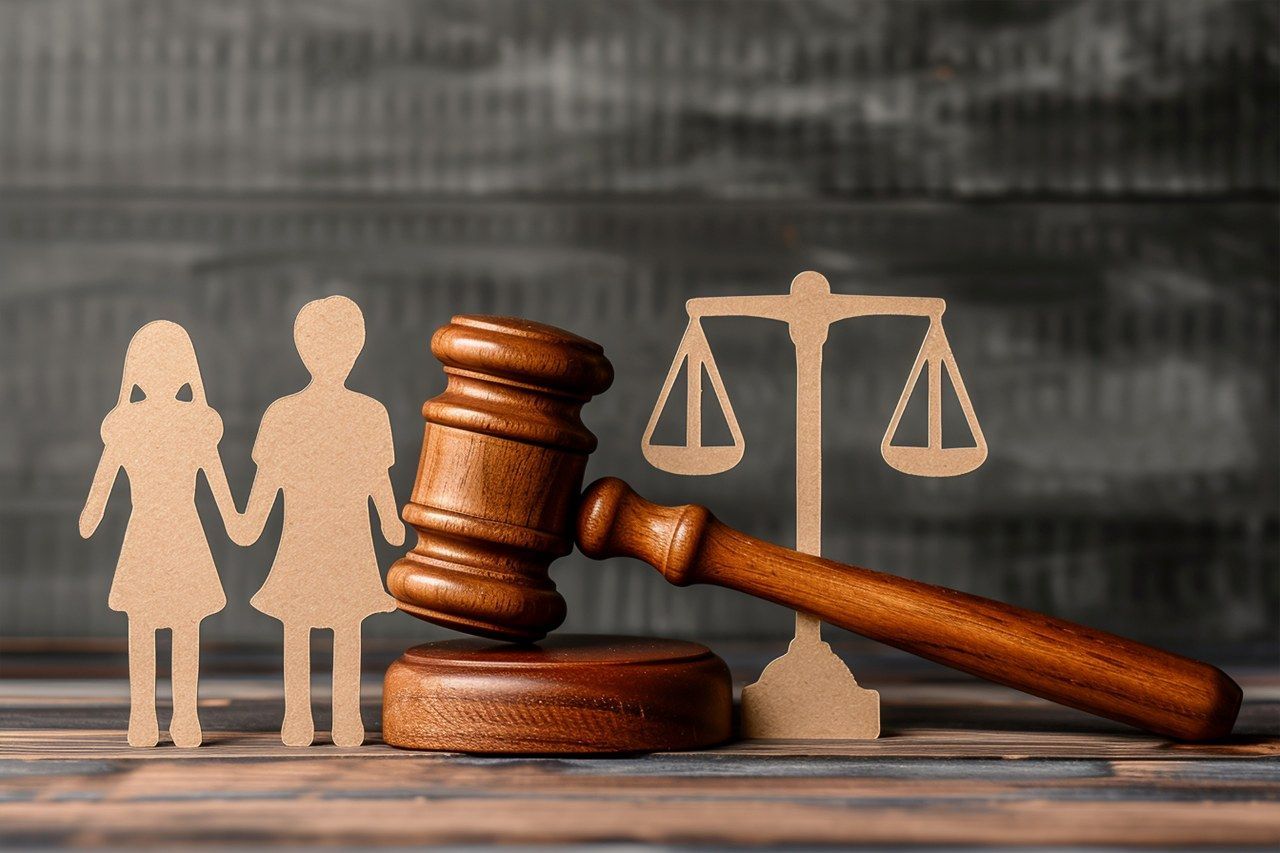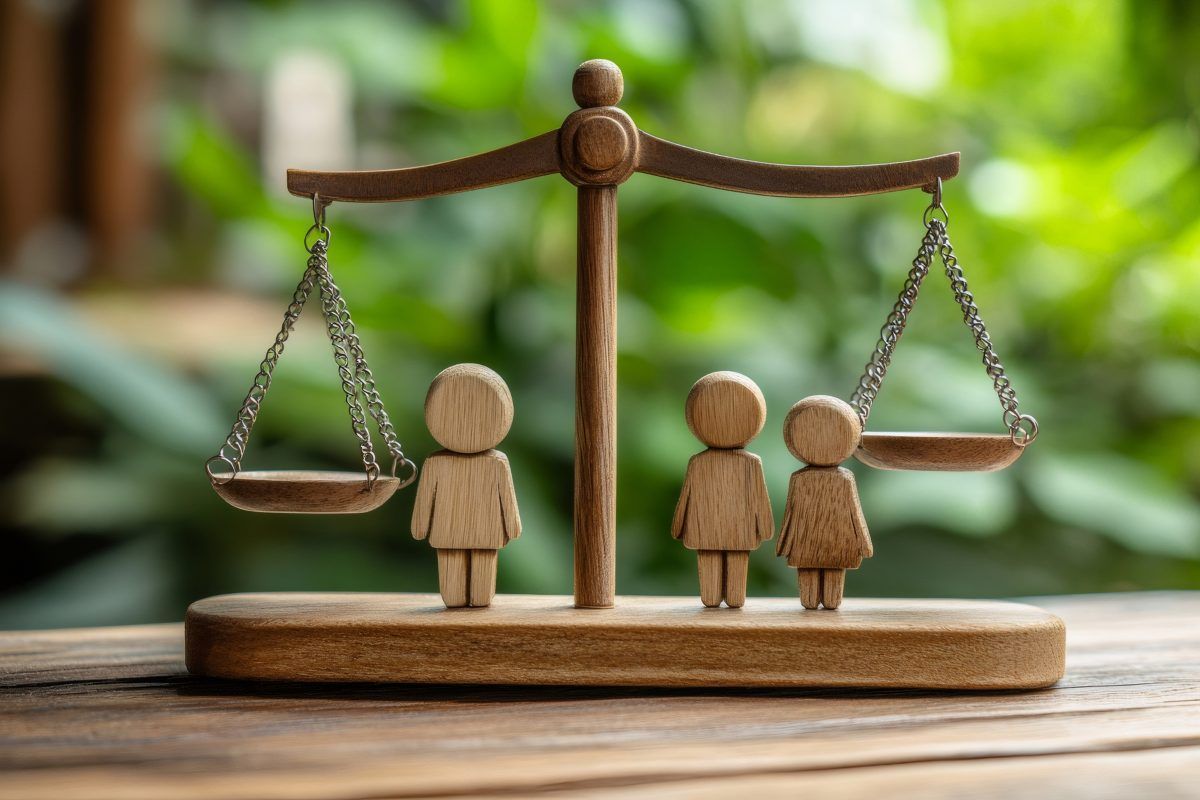Legal Separation vs Divorce: What’s the Difference?

When a marriage hits troubled waters, deciding what comes next isn’t just emotional- it’s legal, and often complex. That’s where the distinction between legal separation vs divorce becomes particularly important. While they may sound similar (and admittedly, they do overlap in some ways), they carry very different implications for your future - both personally and financially.
At Skylark Hill, we understand how overwhelming this kind of decision can be. So, let’s unpack it. Carefully, clearly, and with the legal insight you need.
What Is Legal Separation, Exactly?
Legal separation isn’t the same as “taking a break” or simply living apart. It’s a formal, court-recognised arrangement that allows married couples to live separately without ending the marriage. Think of it as a legal pause-rather than a full stop.
Now, unlike a casual separation (which is completely informal), legal separation involves court orders. These can determine things like who lives where, how financial responsibilities are split, and crucially - arrangements for any children. In essence, it mimics many of the structures of divorce, but the marriage remains intact.
Why would anyone choose this, you might ask? Several reasons, really. For some, religious beliefs make divorce an unacceptable option. Others may want to retain certain benefits, such as health insurance or pension entitlements that would otherwise be lost. Or perhaps there's simply emotional uncertainty - a need for time and space to think before making a permanent decision.
How Is Divorce Different From Legal Separation?
Let’s be direct: divorce ends a marriage. Full stop. It dissolves all legal ties between spouses, allowing both parties to remarry if they wish.
Divorce proceedings typically address the same key issues as a legal separation - property division, child arrangements, spousal support, but with the added gravity of finality. Once the decree absolute is issued, there’s no turning back. It’s done.
And because divorce is final, it often requires deeper financial disentanglement. This might include the division of assets, closure of joint accounts, and even selling property. Things can get... let’s just say, entangled. That’s why it's critical to have the right legal guidance - whether you’re considering your first step or your final one.
For instance, if you're exploring your options and wondering how this compares to other types of marital dissolution, you can discover expert help for Mayfair divorce cases through our team at Skylark Hill. We’re here to make sure you know exactly where you stand - without assumptions or ambiguity.
Can Legal Separation Be Turned Into a Divorce Later?
Yes. And actually, this is fairly common.
If a couple legally separates and later decides that reconciliation isn’t on the cards, they can proceed to divorce. The legal separation agreement might even simplify things later on, since many of the decisions around finances and custody have already been made.
But it’s worth noting: legal separation doesn’t automatically lead to divorce. Some couples stay legally separated indefinitely. Whether that’s for spiritual, financial, or personal reasons - it’s a path that remains open.
That said, if the situation evolves and divorce becomes the right choice, having a structured legal separation can lay a solid foundation.
Is One Easier Than the Other Legally?

Well, yes and no. It really depends on the circumstances.
In terms of paperwork and court involvement, both legal separation and divorce require a formal process in the UK.
Legal separation involves filing for a judicial separation, which doesn’t need proof that the marriage has broken down irretrievably - unlike a divorce, which does.
That alone can make separation seem “easier” to obtain in the short term. But remember: because you're still legally married, you can’t remarry after a legal separation. And you may still share responsibilities like debt or inheritance unless they’re specifically addressed.
So, while legal separation might seem like the gentler option, it’s not necessarily simpler in the long run. It’s just… different. (And often, more suitable for those not quite ready to call time on the relationship.)
What About Financial and Property Rights?
This is where things get technical, and where legal advice becomes crucial.
Both processes allow you to legally divide property and finances, but the framework differs slightly. A divorce allows for a clean break - one that can legally sever all financial ties between former spouses through what’s known as a clean break order.
Legal separation, however, does not include this option. That means, in theory, either spouse could still make a financial claim against the other down the line. Not ideal if you’re looking for finality.
Still, you can draft a separation agreement that outlines financial arrangements. While not legally binding in quite the same way as a court-ordered divorce settlement, it can carry significant weight, especially if both parties received independent legal advice.
For those unsure whether a clean break or continuing connection is best, it may help to understand the difference between divorce and annulment. Different paths, different outcomes.
Does Legal Separation Affect Children Differently Than Divorce?
Short answer: not really.
Whether parents choose divorce or legal separation, the court prioritises the welfare of the child in both cases. That includes decisions around where the child will live, how often they’ll see each parent, and who makes key decisions about schooling or healthcare.
Where legal separation can have an edge is in maintaining a sense of family unity, even if the parents live apart. That can feel less disruptive to some children. But ultimately, it depends on how the parents manage the separation, not the label attached to it.
The important thing is consistency, cooperation, and clarity-for the child’s sake above all.
Final Thoughts
The choice between legal separation vs divorce isn’t just about paperwork. It’s about timing, values, finances, and sometimes just needing space to breathe before deciding what comes next.
Legal separation can offer structure without finality, while divorce brings closure (and new beginnings). Each has its place - and its complications. And that’s precisely why it’s essential to get tailored legal advice.
At Skylark Hill, we approach these matters with the sensitivity they deserve and the legal clarity they demand. Whether you're leaning toward separation, contemplating divorce, or somewhere in between, we're here to help you make informed, confident decisions.












